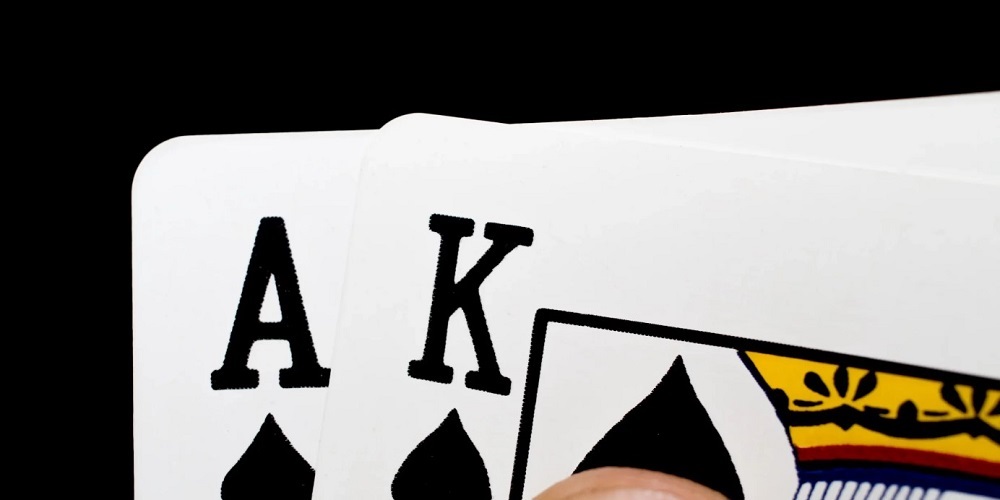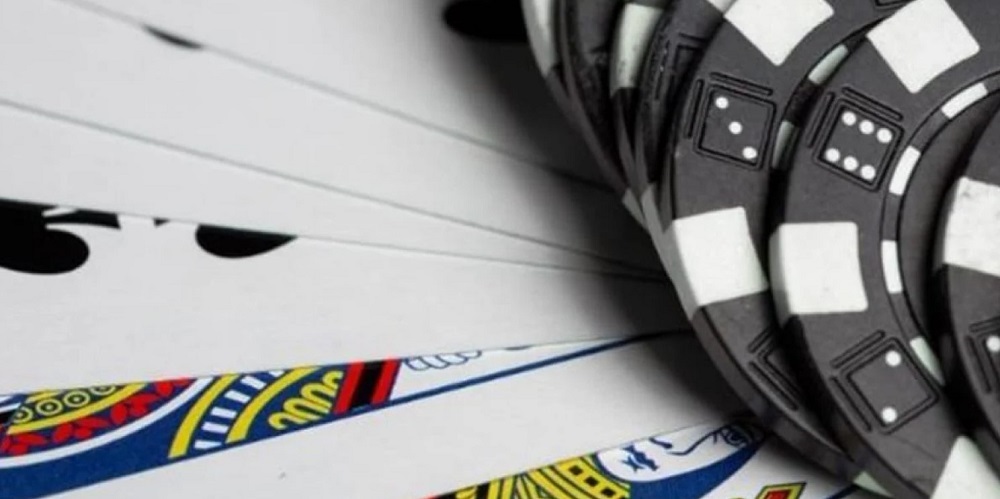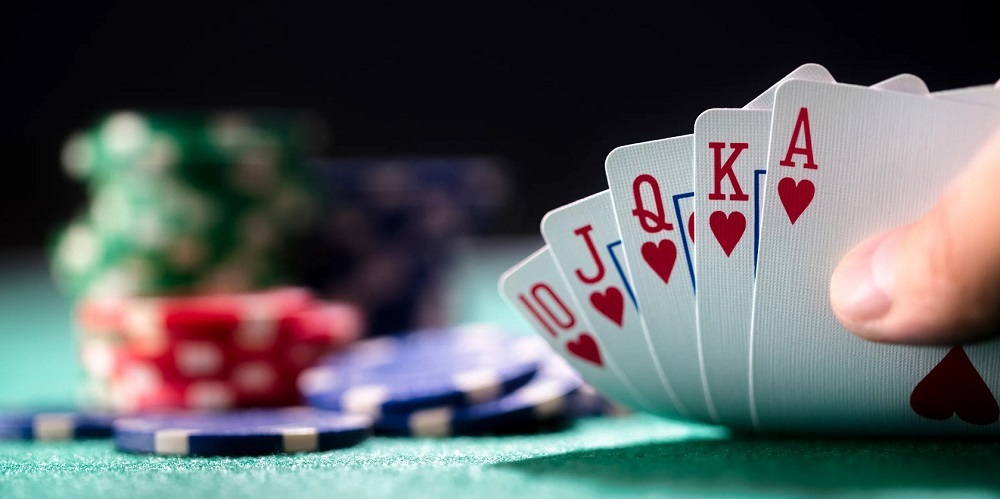Although poker is a game of nuances and gray situations, a term that is often used to describe those plays in which the right decision is not clear or there are many open possibilities and it is difficult to discern which one is better to take.
In these gray situations we can talk about the bad beat in poker, an English term that is used for a specific situation that we can include within that group of delicate situations that are worth judging well and that can lead to unexpected consequences.
What is a bad beat in poker

The concept of bad beat has a very specific meaning in poker. It is used to refer to a situation in which a player has a high probability of winning and faces a player with less chances of winning who, nevertheless, ends up winning thanks to the community cards.
The bad beats handle polarized probability percentages, that is to say, the one who has a high probability of winning has a very high probability of doing so, and the player who has little chance of winning has hardly any chance of beating his opponent. The bad beat consists precisely in turning these tables by the role of the community cards, giving the victory to the second player.
When bad beats happen in poker, they are always painful because they are hard to take. Having until the last moment the best hand positioned to win, and that the community cards match perfectly with the opponent’s cards to tie a higher hand than the one who had the highest odds of winning is an unpredictable twist of the game capable of knocking out even the most undaunted player.
Not to be confused with a cooler in poker, which has similar consequences, but works in a different way.
If you want to know more, you might be interested:
Cooler in poker: what it is and examples.
Examples of bad beats

To understand what is a bad beat in poker and how it is generated, let’s give an example, because in poker everything is always better understood with a practical component.
Let’s suppose we have on the flop:
- Community cards: 3♥ 7♦ 10♥
- Your player cards: A♣ A♦
- Opposing player’s cards: 2♦ 2♥
Next, on the turn:
- Turn card: 2ª
- Opponent’s situation: three of deuces project. You make with the highest odds to win the hand.
Next, on the river:
- River card: 2♣
- Opponent’s situation: four deuces project. The hand is made and you lose.
This is an example of a bad beat brewing over a slow fire. Despite having played the hand with a pair of aces, a pretty good starting hand with which to aspire to much more, with a pair of deuces, a seemingly inferior hand, the opponent has beaten you thanks to the community cards. This is what a bad beat is in poker, and in this example, you will have suffered it in your own flesh.
Bad beat and poker cooler: are they the same thing?

Not exactly. Although they can be experienced in the same way and there are points in common, they are not exactly the same. A poker cooler occurs when two players have exceptionally good hands and, despite this, one of them will inevitably lose. Both hands here are destined to lose because of the quality of the opponent’s hand.
If you want to know more about poker cooler and its differences with bad beat, we advise you to read on:
Poker cooler VS Bad Beat: differences between the two.
In a way, we can say that the bad beat cannot be understood without the poker cooler, and vice versa. They are two ways to lose having a good hand, only that in the bad beat the fault lies with the community cards, while in the cooler poker the cause of the defeat lies precisely in the even quality of the opponent’s hand.
These two situations must be handled properly to avoid tilt. Much has been written about what tilt more, if the bad beat or the cooler in poker, but the truth is that it is indifferent. You must avoid tilt at all costs, turn the page and be satisfied with a well-played round, even though this time you may not have been able to translate a good play into results.
Understanding that is almost as important as knowing the bad beat and the meaning it can have in poker. Your subsequent play should in no way be affected by having suffered a bad beat, and your decision making should remain intact.

